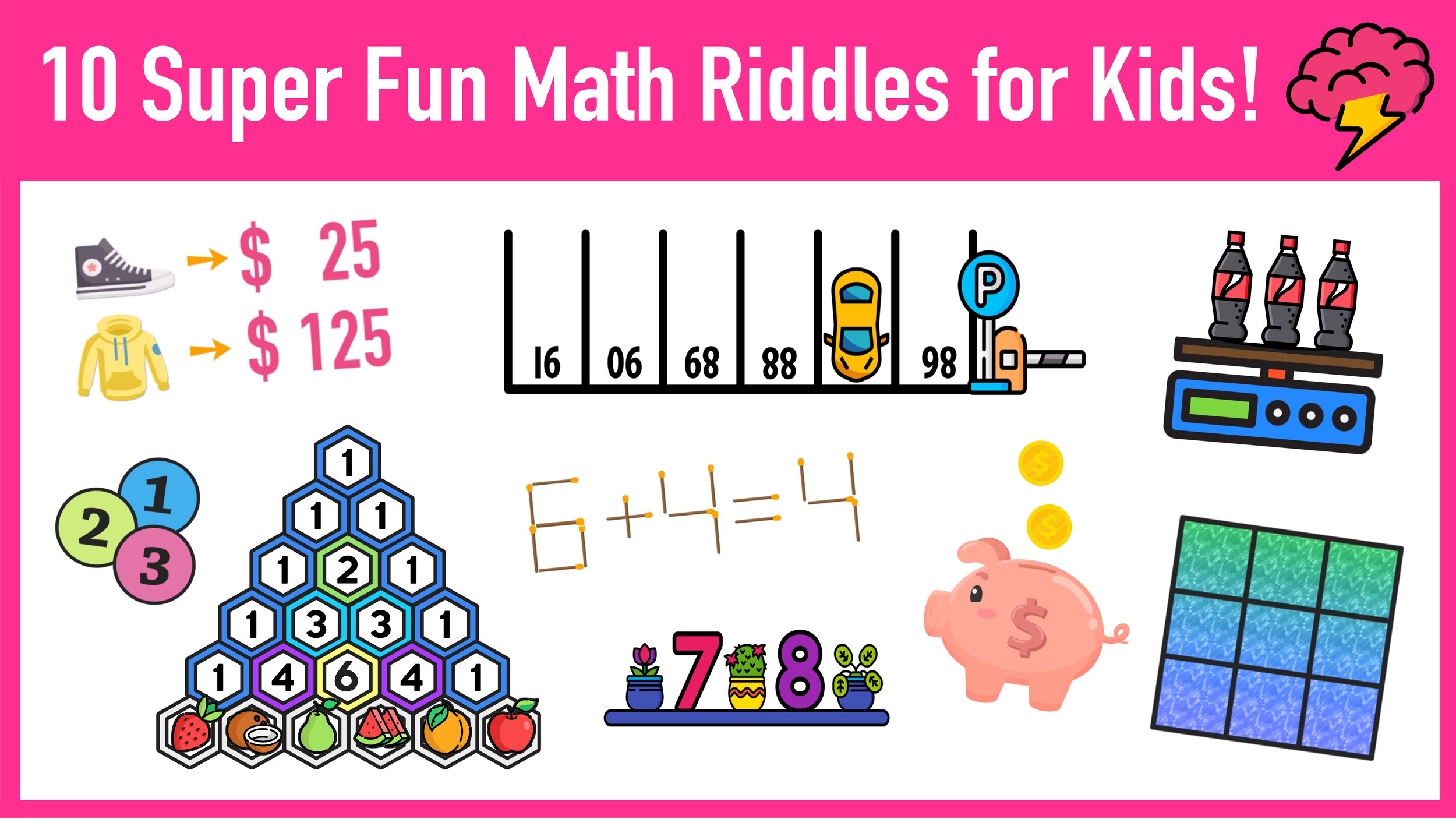Why Am I So Bad at Math? (And How to Be Good at Math)
Why am I so bad at math? Harmful misconceptions about your ability to learn may be to blame. (Image: Mashup Math via Getty)
Why Am I So Bad at Math?
Learning math can be incredibly challenging and students who struggle with mathematics often question why math is so difficult and often conclude that they may not be capable of being successful in the math classroom.
Unfortunately, there is a harmful misconception about the ability to understand math. Over 50% of people in the United States ages 18 to 34 say that they can’t do math according to a conducted by Change the Equation.
It’s no wonder why so many people learn to accept a false idea that understanding math is reserved only for “math people.”
So, before you conclude that the answer to the question why am I so bad at math? has something to do with you being unable to learn math no matter how hard you try to improve, understand that the cause of your frustration and struggles is more likely due to negative misconceptions about math than it is about your ability to learn.
Sadly, these misconceptions are often passed down to children from parents who also struggled with mathematics when they were students. In fact, children with parents who have math anxiety underperform in math compared to children whose parents are not math anxious according to a study by the University of Chicago.
The “math person” misconception leaves lower achieving students feeling disinterested, frustrated, and unable.
Such harmful misconceptions and the idea that only certain people are capable of understanding mathematics are also product of traditional teaching methods that focus entirely on fixed outcomes, like letter grades and standardized exam scores.
That’s why alternative learning approaches — including homeschool math programs — can be an effective way to help students learn at their own pace, reduce anxiety, and rebuild confidence in their math abilities.
Students who do well on exams are labeled as “smart” and those who perform poorly are led to believe that they are not.
Many students learn to believe that they are not capable of being successful in math. (Image: Mashup Math via Getty)
Under so much pressure to perform and general anxiety surrounding the subject, it’s no wonder why so many students feel like they are unable to learn math and avoid the subject at all costs.
But giving up on math is not a good option in the big picture. More and more desirable jobs require a high degree of math fluency, understanding, and comfort. Careers in STEM (science, technology, engineering and math) are the fastest growing sector of jobs in the United States. However, 35% of all bachelor’s degrees in STEM in the United States are earned by nonresident aliens, according to a study by the department of education.
What can you do to change the situation? If you are wondering, why am I so bad at math? The fault is likely due to you having a fixed mindset for learning, which is often a product of being negatively affected by harmful misconceptions about your ability to learn math.
A Fixed Mindset is based on the idea that you only have a limited amount of intelligence, and no amount of hard work or effort can lead to improvement. With a fixed mindset, you believe that looking smart is more important than learning new things and that having to try hard means that you have low natural ability. Under this mindset, you are easily discouraged and afraid of taking on new challenges out of fear of making a mistake.
Does this sound like you? If you are feeling discouraged and questioning why am I so bad at math?, then you may be struggling due to a fixed mindset.
However, there is a path to how to be good at math, and it starts with a shift from a fixed mindset to a growth mindset.
How to Be Good at Math? Mindset is Everything
How to Be Good at Math
Students who struggle with math are often not held back by their ability, but by their mindset for learning.
The truth about learning math is that, just like learning how to read, every student is capable of understanding mathematics. We need our students to approach math with a growth mindset that values learning over intelligence and effort over final results.
With a Growth Mindset, you value learning new things over appearing smart. With this mindset, you see growth is equated with success and challenges are embraced as new opportunities to learn. When you approach math with a growth mindset, you learn to love solving problems and you celebrate your mistakes because you know that they are necessary steppingstone along the path to learning.
The idea of a growth mindset was pioneered by Stanford University Professor, Carol Dweck. Her studies have shown that students who believed that their ability and intelligence could grow, and change outperformed those who thought that their ability and intelligence were fixed.
Dweck’s research has shown that increasing focus on the process of learning, rather than the outcome, helps increase a student’s growth mindset and ability.
How can YOU embrace a growth mindset for learning math? You can start by learning more about growth mindsets and applying the key concepts to your everyday life. Anytime that you are trying to learn something new, approach the situation with an open mind, a belief that effort and making mistakes is necessary for learning, and without a fear of failure or not looking smart.
It may take time to develop this new mindset for learning, but the payoffs just may take you from thinking that you are bad at math to believing that you are becoming better and better every day.
If you want to learn more about developing a growth mindset, click here to learn more about the fundamentals of a growth mindset (and how to overcome a fixed mindset) and watch the above video of Stanford Professor and Researcher, Carol Dweck, presenting on Growth Mindsets and the Power of Yet.









